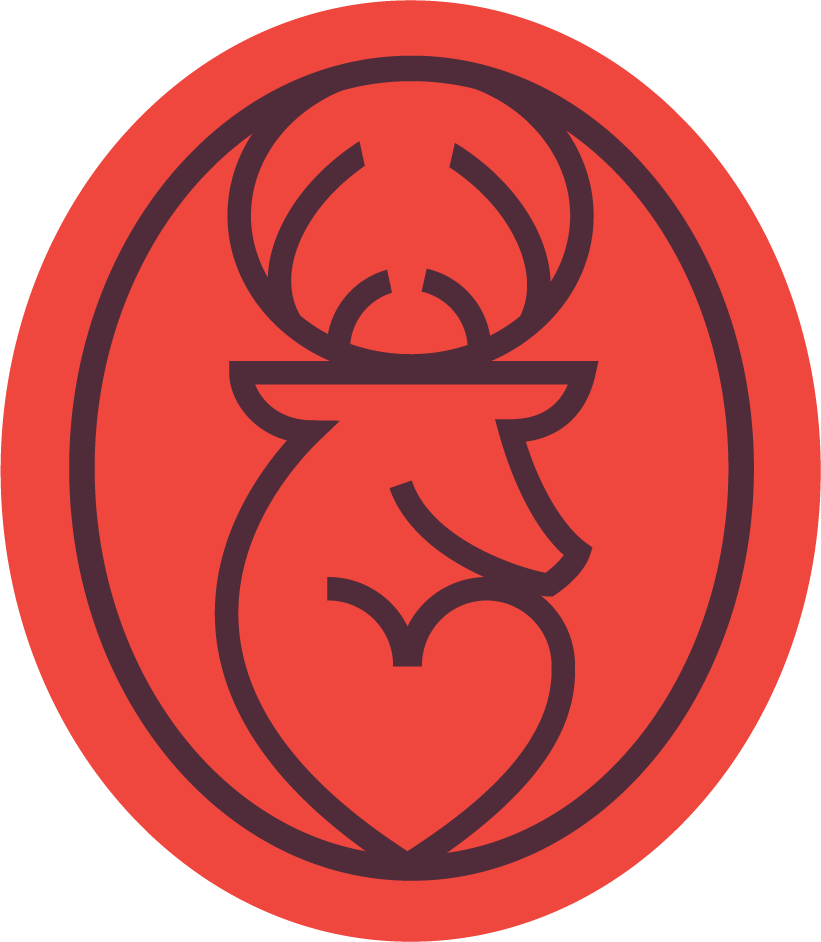Days Off: Facing the Abyss
The holidays are here -- in case you haven't noticed the music everywhere you go.
For many doctors and others, this does not mean vacation. Work does not adhere to 9-5 boundaries.
Yet the promise -- the myth -- of the of holidays or even a weekend looms large.
Time off is supposed to be emotional payday; when you’re supposed to be happy; when you’re supposed to feel the entitlement of earned leisure time.
But for many doctors and other high-achievers, the start of the weekend can feel like facing an abyss.
There’s nothing like a day off to make it painfully clear that you have no idea how to really live.
It’s more like a chasm of unstructured time, yawning for two days ahead.
You work so hard for a break, but when faced with time off, many physicians feel restless and possibly even a little guilty that it's harder than it should be to actually relax and wind down.
A client recently came to me, admitting that his biggest challenge was not work, but how to more fully enjoy the time when he was NOT working. There was a sense of purposelessness, of wandering, of spinning his wheels.
All week, he felt overwhelmed. But once his body finally slowed down, he felt listless.
He’d been working his tail off trying to create the space to enjoy his life, but once he had the time, he didn’t know how to make the most of it.
Another client is baffled by his girlfriend’s request that he “just lie around once in a while.”
“What?” he says to me. “What is that?! Just lying around.”
Some call this workaholic withdrawal.
You become so used to the adrenaline of running from room to room, never feeling caught up, not able to spend the quality time with patients that attracted you to medicine — that once you have a break, your body is still running.
This is not a mystery, really. It’s neuroscience.
It takes work to not work. It takes intention to rewire the brain to not only slow down, but to LIKE the rest.
For a while, the brain asks just what my client does: “What is THIS? Get busy!”
There’s the bigger piece of identity and values, too. For physicians, like soldiers, you know what you’re supposed to be, how you’re supposed to act, what you’re supposed to say when you’re at work. But so often, physicians pursue work at the cost of knowing themselves beyond the work.
How do you find meaning and purpose when you’re not at work?
How do you find satisfaction and pleasure outside of work?
3 Ways to Learn to Enjoy Your Time Off:
Plan some unstructured, do-nothing, lie-around time. Put it on your calendar. Make doing nothing a plan. This is a way to actually practice being okay with unstructured time.
Make a list of activities that give you pleasure and a list of those that have meaning for you. See which ones overlap. How much time do you now spend doing those activities?
Make a list of all the things you want to explore or try: drawing, photography, cooking, etc. Look into taking a class.
These are steps to coming home. Home to yourself. Learning to enjoy your time off how you refuel and figure out what’s next. Choosing your next chapter rather than being forced into it are two very different things. Being at choice starts with what you do with these snatches of time off.
What are you going to do this with your time off?
Consider your next day off to be training in how to be fully alive.
Have a great weekend!
